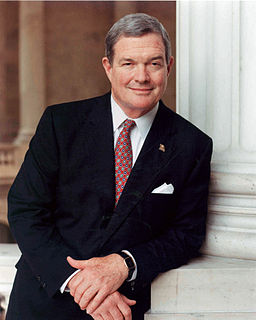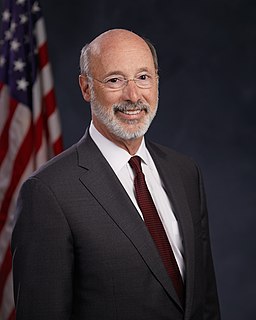A Quote by Frances Hesselbein
Dispirited, unmotivated, unappreciated workers cannot compete in a highly competitive world.
Quote Topics
Related Quotes
I can be highly competitive, which is ultimately why I chose yoga as a career. I thought it would drain the competitive drive out of me and allow me to be present and content. The yoga world has become highly competitive since then and it used to drive me crazy until I realized there's work for everyone.
Competitiveness is defined as the ability of companies to compete while maintaining or improving the average standard of living. If you are cutting wages to become more competitive, that's not really more competitive. It's raising the skill and the efficiency of those workers so that they can support and sustain that higher wage.
Before the web and these highly focused entities, journalists got to decide what was important to tell their audience and educated their readers. Now, journalists have to try and understand what their consumer actually wants to read and what angle they are looking for in order to keep audiences engaged in a highly competitive world.
Firms gain comparative advantage from how good their people are. Retaining and attracting talent is a key point of competitive advantage in the global economy. We are seeing that play out, and there are implications for Australia, too. The idea that companies now compete on who can pay their workers the lowest - that's all changing.


































